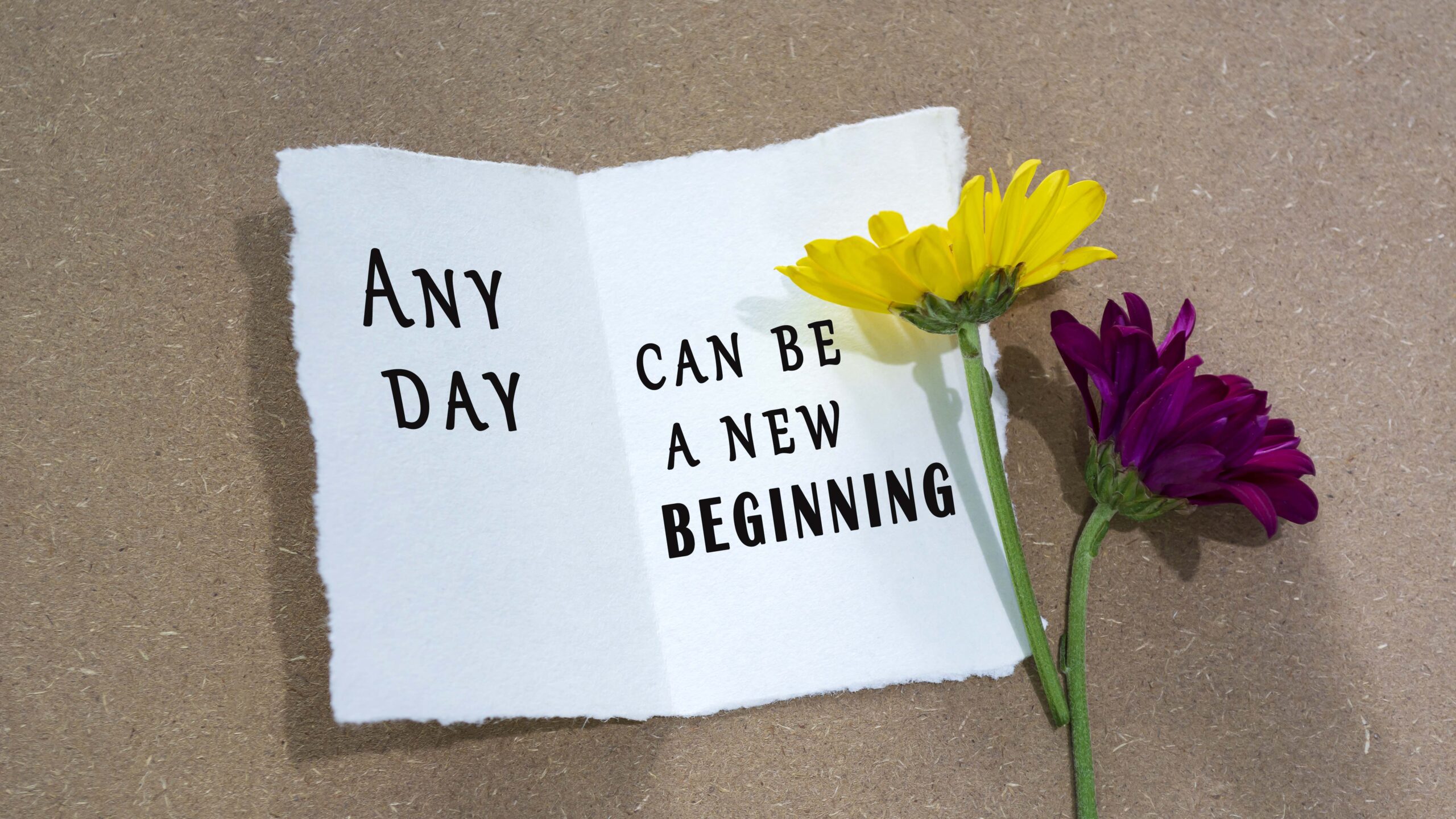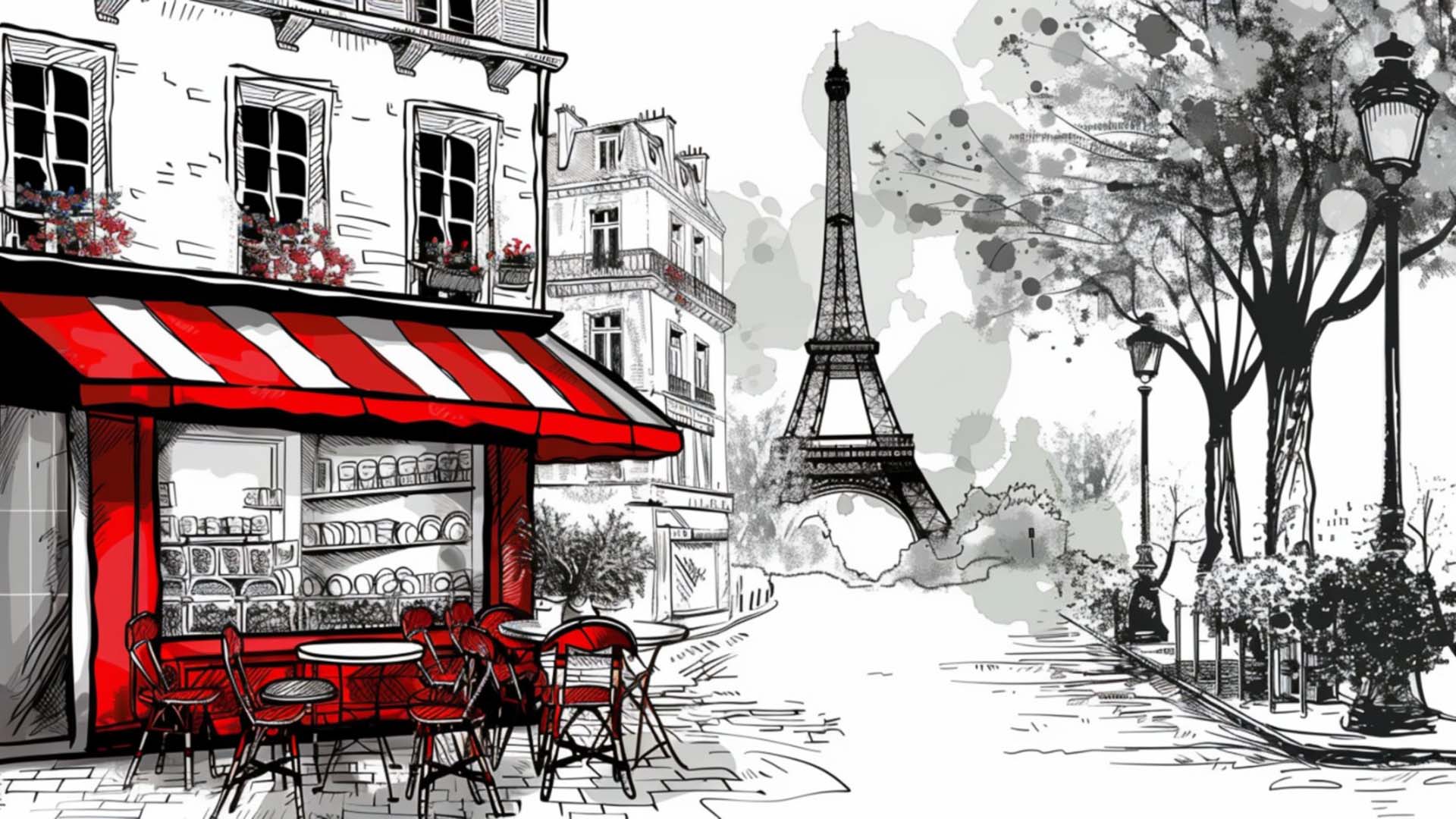
According to the Cleveland Clinic, brain fog is “a common group of symptoms that affect how you think, remember, and concentrate. It can make doing ordinary tasks challenging. You might lose your train of thought in the middle of a conversation. It’s usually temporary, but the length of time you’ll experience brain fog can vary.”
This cluster of symptoms—confusion, forgetfulness, mental fatigue, poor concentration, and slowed thinking—is what the clinic defines as cognitive impairment. And many of us know it not as a definition but as a daily reality.
It shows up in different ways. You blank out mid-sentence. You forget what you were doing. You feel mentally drained, unable to focus, your thoughts moving at half-speed. Words don’t come. You lose attention. You’re just… slow. Reaction time suffers, and with it, your confidence.
I want to focus on that last part—slowed thinking and delayed reactions—because it hit hilariously close to home recently.
I organized a paddle match with three other friends, all navigating the wild hormonal ride of menopause or perimenopause. Together, we were four different versions of “not quite ourselves”:
- One is constantly distracted.
- One chasing balls like she was at a tennis clinic.
- One who seemed to forget why she was there.
- And the lady of the day: the woman who stood in ready position, smiling, for forty minutes—waiting for the match to begin, long after it had.

In a game that demands sharp reflexes and fast reactions, she froze in time. We laughed, not at her, but with the recognition that we’ve all been there—or will be.
There is no shame in it. Brain fog comes for us all eventually, usually when we least expect it and can least afford it.
The Cleveland Clinic offers some standard advice: boost your immune system, sleep better, eat healthy, and exercise regularly—all valid, all well-known, and all easier said than done.
But here’s to us—the ones who wake up every day determined to stay positive, productive, and spirited, even when everything feels like it’s sinking. Mentally, physically, emotionally. Maybe brain fog has one hidden mercy: it softens the sharp edges of embarrassment. Sometimes, not fully realizing what you’re going through is its kind of grace.
Cheers to all of us out there playing through the fog.
Dana Obeid










































